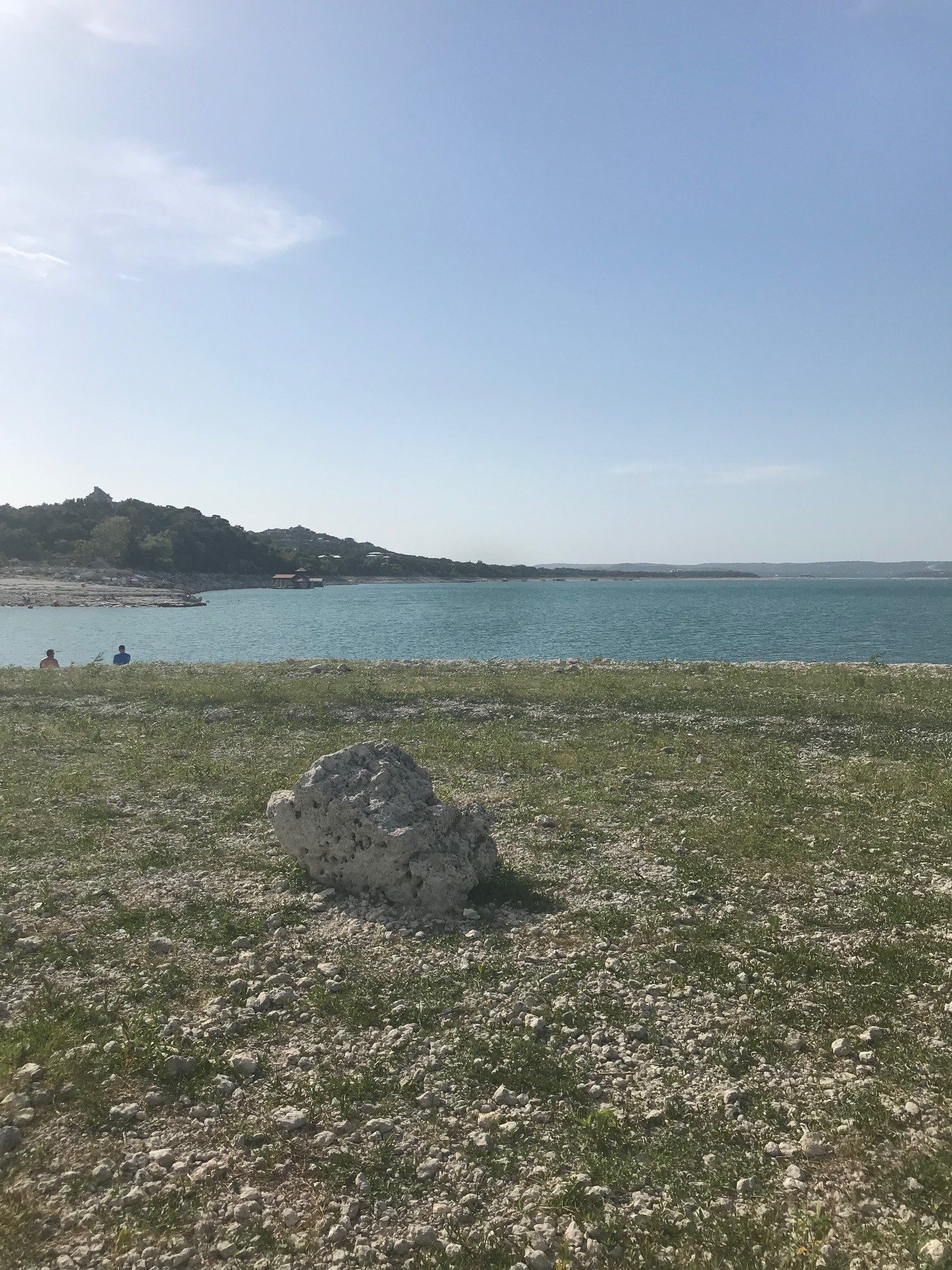The Zebra Mussels are Here...
To tell the story of zebra mussels in Texas is to tell the story of invasive species all over the world. Before recreational boating was affordable and common, species had to be transported across the ocean in shipping vessels. These species usually only took up residence in areas that had international ports. The idea that an unwanted species could take root in a new place was relatively unknown. This was especially hard to understand because botanists were trying to grow various desirable species for agriculture and having a really hard time of it. It is often the small overlooked species that end up doing the most damage.
Native to Southern Russia and Ukraine, the zebra mussel is perhaps the most well known invasive species in the United States. It has just this past year entered into Central Texas waterways and is making its way south towards our most beloved Barton Springs. After its emergence in Lake Travis in 2017, the population has exploded lining the shore of the lake and increasing visibility in the water. Texas Parks and wildlife is scrambling to get the word out to boaters to be extremely careful about drying and draining boats (including kayaks) before they move between waterways.
Humans are exceptionally good at making species go extinct, you could say it is one of our most practiced skills. It should be pretty easy for us to control these invaders, but we have yet to come up with any really effective ideas. Some progress has been made on the invasive Lionfish by beginning to serve them in local Florida restaurants. Unfortunately, zebra mussels are very small and they are not recommended for eating. In their native habitat these mussels have around 70 local species of predators ranging from birds to crustaceans. Here in the United States, scientists have observed only a handful of organisms willing to eat the mussels, none have yet to prove they can control the population.
It feels as if we are on the very edge of a population explosion. We don’t yet know the extent of devastation the zebra mussels could have on the delicate Barton Springs habitat. We do know that it will not be good for any organisms involved. Imagine the edges of Barton pool lined with mussels, pushing out native species. The floor of Barton creek full of dead and decaying plant matter, suffering from lack of nutrients. It is a fate that is nearly imminent, we can only do our best to hold it off for now.
Sources for this post
When they arrived to Texas https://www.kxan.com/news/local/travis-county/explosion-in-zebra-mussel-population-worries-lake-travis-divers/1163637643
Lionfish tacos: http://www.orlandosentinel.com/food-restaurants/recipes/87505711-132.html
Local predators: https://wwx.inhs.illinois.edu/resources/inhsreports/nov-dec98/aidebar/


